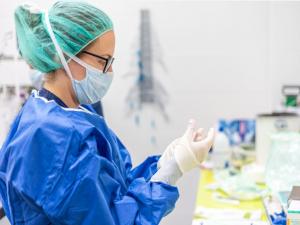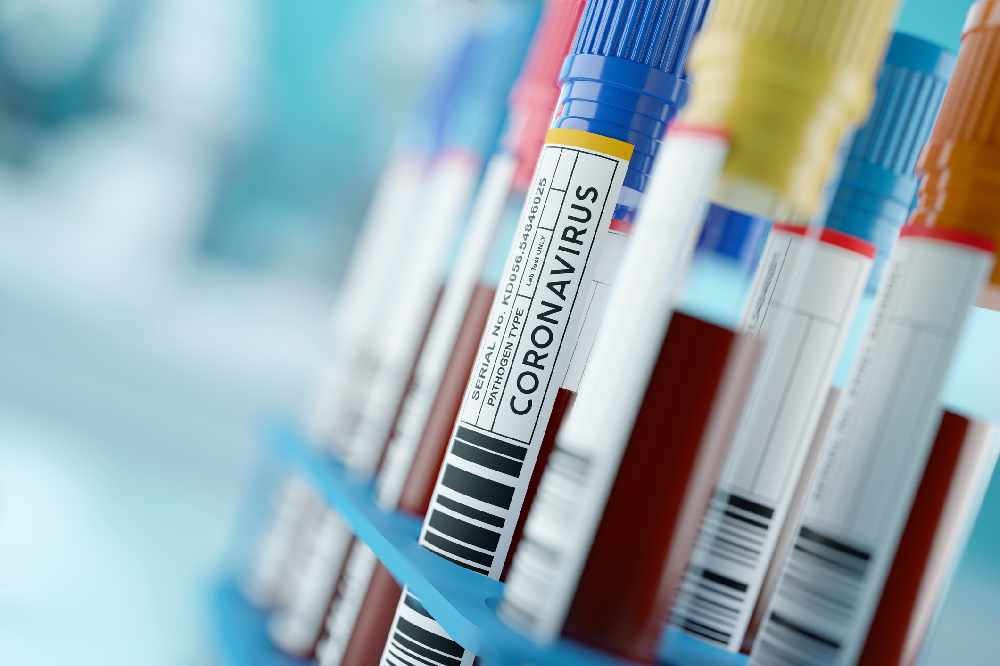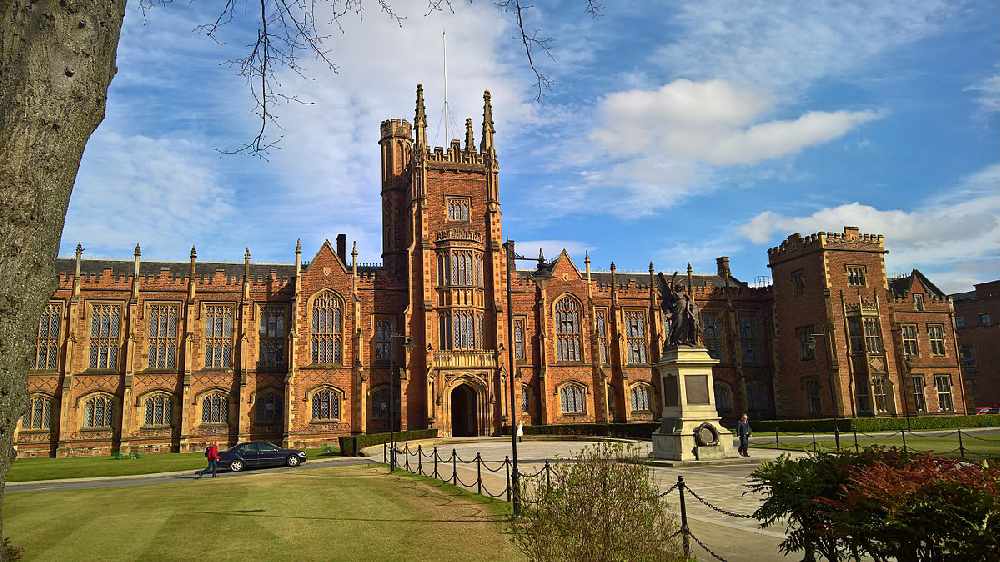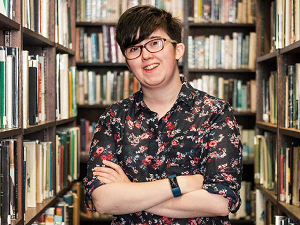
By Q Radio News
A group of experts at Queen’s University Belfast who have been tracking covid-19 in Northern Ireland with mathematical modelling, estimate that seven people imported the disease here.
Research shows those people had been exposed to the disease but did not have symptoms and were not yet infectious on 1st March 2020.
The study led by Dr Gabor Kiss from the School of Mathematics and Physics at Queen’s examined the dynamics of the disease from March 2020 until December 2020, using computer simulations and data provided by the Department of Health.
The team hopes their research will allow preparations to be made for future variants and diseases.
The study also estimates that it took an average of 9.6 days for an exposed person to develop symptoms and become infectious and that a symptomatic patient could spread the disease for nine days.
The strain these people had been exposed to was severe acute respiratory syndrome coronavirus 2 (SARS-CoV-2).

Dr Gabor Kiss explains: “The modelling suggests that the outbreak could have entered the country undetected as it took some time for people to become infectious and develop symptoms.”
The experts also looked in detail at the period of the first lockdown and found that the number of infectious individuals decreased rapidly after disease-spread limiting interventions were introduced, such as social distancing and mask wearing.
At the end of March, the study estimates that there were 327 infectious individuals but that this decreased to 27 over three months.
However, the modelling suggests that the number of exposed individuals showed a more prolonged decline. An estimated 388 were exposed at the end of March and this decreased to 151 over three months.
Dr Gabor Kiss comments: “This research provides in depth data on how exactly COVID-19 spread in Northern Ireland and this will help to develop public health-driven strategies, not just in Northern Ireland, but across the globe.
“It lays the foundation for a decision-making support tool which could assess the state of an outbreak and help to advise on optimal interventions in the early phases of any re-emerging high consequence infectious diseases which are vaccine-preventable.”
The team is now working on incorporating other aspects of the outbreak into their models, such as the geographical journey of the disease in Northern Ireland. This will give further information on the impact of localised lockdowns throughout the pandemic.
The research was published in the Open Journal of Modelling and Simulation and can be accessed here.

The research was conducted at Queens University Belfast


 UK and Irish ministers to meet amid row over migration
UK and Irish ministers to meet amid row over migration
 Three men set to go on trial for murder of journalist Lyra McKee
Three men set to go on trial for murder of journalist Lyra McKee
 Swann refuses to rule out resigning if budget is not changed
Swann refuses to rule out resigning if budget is not changed
 Fresh inquests ordered into deaths of 15 killed in McGurk’s bomb blast
Fresh inquests ordered into deaths of 15 killed in McGurk’s bomb blast